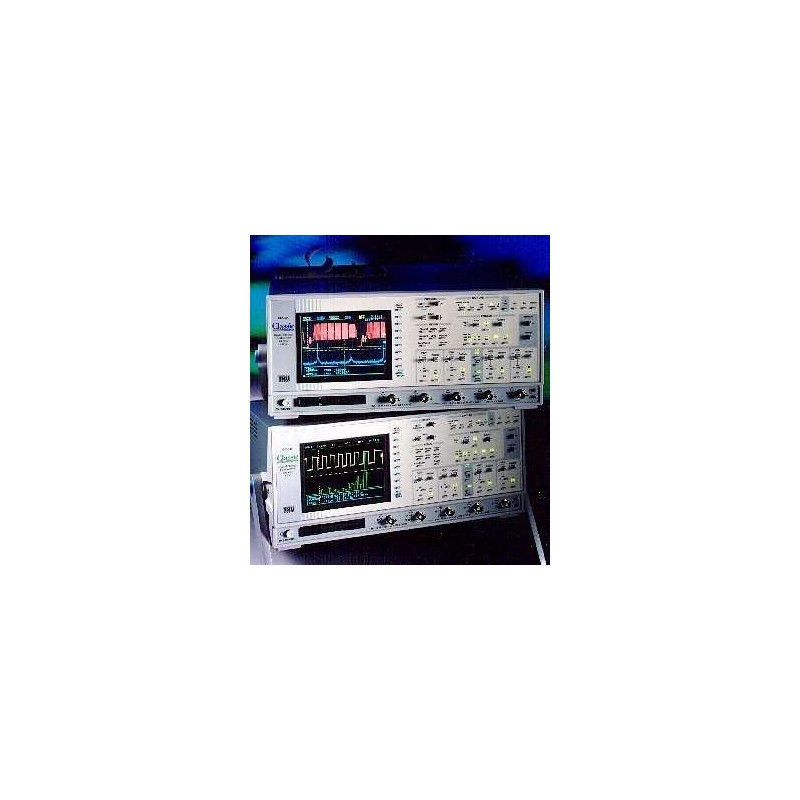








Classic 6500
Providing the ideal solution for engineers working with fast, complex transient signals, Classic 6500 offers sample rates up to 1 GS/s and long memories which are ideal for acquiring waveforms to resolve fine timing differences. Also includes color display, 50 k memory, TruTrace, FFT and pulse width triggering as standard,making the 6500 excellent value for money.
Key Features & Options
1 GS/s Maximum Sample Rate
4 Channels
200 MHz Bandwidth
Calibrated Input Offset
TruTrace® Analog Display
3.5" MS-DOS Floppy Disk
Color LCD Display
Powerful Trigger Tools
Fast Fourier Transform
User Scaling
Limits Testing
Auto-Plot, Auto-Save
1 MB Memory Per Channel
Custom Measurements
Advanced Sequences
Advanced Analysis
500 MB Hard Disk
1 MByte RAM Disk
IEEE-488.2 I/O
Integral Thermal Plotter
High Voltage Differential & Isolated Probes
Bandwidth adds significantly to the cost of an instrument. If the application involves signals in the tens of megahertz, a DSO with a bandwidth in the many hundreds of megahertz may be an unnecessarily expensive choice. The 6500 combines the bandwidth of the Classic 6000 (200MHz) with a higher sampling speed (1 GS/s) which approaches the performance of the Delta 9500A. This combination offers the best value to individuals demanding high speed sampling of medium to low frequency signals.
The 6500 can accurately evaluate high-speed data streams by locating the area of interest with its gated trigger system, count or divide with clock phase shifting. Utilizing the 1 GS/sec transient sample rate and persistence mode allows timing and jitter errors to be measured.
Capture of fast events requires a high sampling rate to preserve waveform details but can also need large amounts of memory if the events are widely spaced. Segmenting the overall acquisition memory into a number of smaller sections makes very efficient use of memory. The Classic 6500 provides up to 2000 segments at 500 sample stores with the 1 Mbyte memory option.
The Fast Fourier Transform (FFT) function allows live analysis of up to 32 k points. All FFTs can be averaged from 2 to 128 times, improving the signal to noise ratio to as much as 70 dB. Equivalent Time Sampling (ETS) into 50 Kbyte memory extends the FFT range to the full bandwidth.